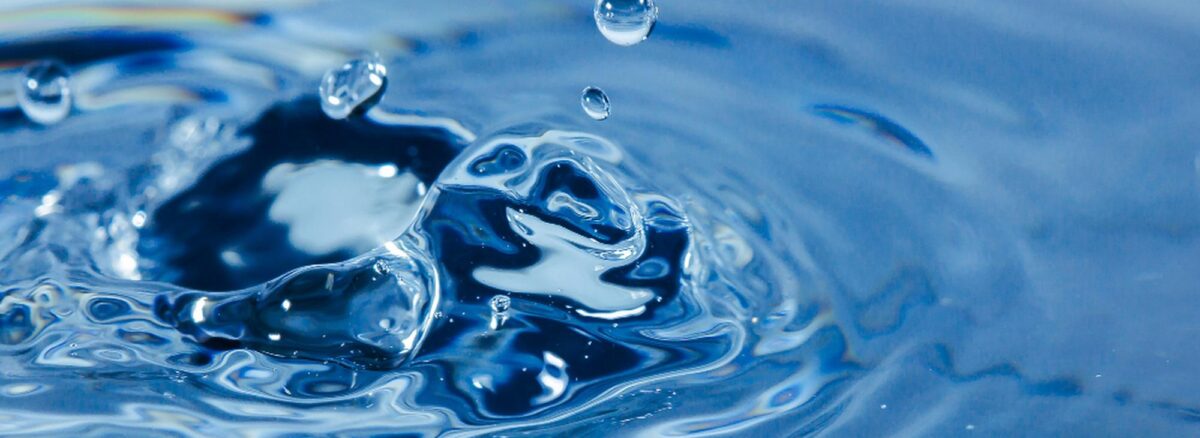- 31 July, 2024
- Francisco Gallego
- Comment: 0
- News

THE IMPORTANCE OF EFFICIENT DESIGN IN WATER DESALINATION PROJECTS
The scarcity of fresh water is a growing global problem affecting millions of people, especially in arid and semi-arid regions. Desalination plants have emerged as a critical solution for converting saline water into potable water, alleviating the water crisis. However, the desalination process can be energy-intensive and costly. Therefore, efficient design in water projects is vital to ensure the economic and environmental viability of these facilities.
Resource Optimization.
Efficiency in the design of desalination plants allows for the maximization of resources, ensuring a continuous supply of fresh water. Key components include:
- Advanced Reverse Osmosis Technologies: Reducing energy consumption and improving efficiency in salt separation.
- Energy Recovery Systems: Implementing devices that recover and reuse energy from the desalination process.
- Durable and Efficient Materials: Using corrosion-resistant materials designed to reduce maintenance and extend the infrastructure’s lifespan.
Cost Reduction and Economic Efficiency.
Efficient design in desalination projects can significantly reduce operational and maintenance costs. Strategies include:
- Energy Consumption Optimization: Implementing low-energy technologies and optimizing the use of renewable energy.
- Advanced Automation and Control: Using automated control systems to manage and monitor desalination processes in real time, improving operational efficiency.
- Economies of Scale: Designing plants of adequate size to optimize costs per unit of water produced.
Environmental Protection.
Efficient desalination plant design also considers environmental impact, implementing measures to mitigate negative effects on marine and terrestrial ecosystems. These measures include:
- Sustainable Brine Management: Developing techniques to dilute and disperse brine to minimize environmental impact.
- Reduction of Greenhouse Gas Emissions: Using renewable energy and efficient technologies to reduce the carbon footprint of desalination operations.
- Marine Biodiversity Protection: Implementing designs that avoid the intake of marine organisms and minimize impact on nearby habitats.
Water Quality Improvement.
An efficient design ensures that the water produced by desalination plants meets the necessary quality standards for its intended use. This includes:
- Advanced Pretreatment Systems: Removing contaminants before desalination to improve water quality and prolong the life of reverse osmosis membranes.
- Constant Quality Monitoring: Implementing real-time monitoring systems to ensure the produced water meets established quality standards.
- Post-Treatment Technologies: Adjusting the mineral and pH levels of desalinated water to ensure its potability and suitability for other uses.
Resilience and Adaptation to Climate Change.
Desalination plants must be designed to be resilient and adaptable to climate variations and extreme events. Key strategies include:
- Flexible and Scalable Infrastructure: Ability to adjust water production based on demand and climatic conditions.
- Diversification of Energy Sources: Using renewable energies such as solar and wind to reduce dependence on fossil fuel energy sources.
- Contingency and Emergency Plans: Developing strategies to ensure continuity of water supply in crisis situations.
Innovación y Tecnología.
The adoption of advanced technologies is crucial for the efficiency in the design of desalination plants. Some of these technologies include:
- Smart Sensors and Remote Monitoring: Systems that enable real-time detection and resolution of problems, improving operational efficiency.
- Data Analysis and Big Data: Using data to optimize processes, predict failures, and improve decision-making.
- Nanotechnology and Advanced Materials: Developing membranes and materials that improve the efficiency and durability of desalination systems.
Efficient design in desalination projects is essential to ensure that these facilities can provide potable water sustainably and economically. Resource optimization, cost reduction, environmental protection, water quality improvement, climate change resilience, and the adoption of advanced technologies are key components for the success of these projects. In a world where water demand continues to increase and water resources become increasingly scarce, efficient desalination plant design is a crucial solution to ensure a safe and sustainable water supply.
Made by Lorena Gallego (Project Designer)

